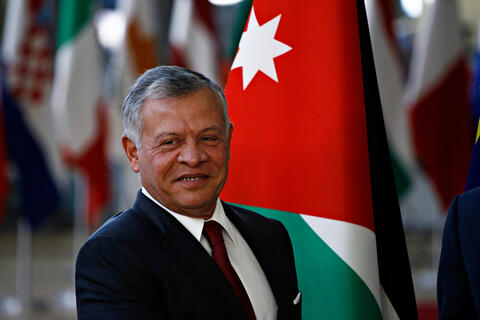By Daniel Yermenko
Death or the dawn of globalization?
It is not correct to say that the coronavirus has failed the idea of globalization, because the new pandemic that is sweeping the world has only shown how fragile the system of globalization is these days. I believe that to some extent COVID-19 has even had a positive effect on globalization, because now countries will be able to see where they are vulnerable and correct their shortcomings.
The main problem that caused the collapse of globalization was the lack of protective alternatives for production (Policy Department for External Relations, 2021). When countries rely on the global trading system and as a result begin to specialize in certain industries, they endanger those industries that are less focused on, because if the trade channel suddenly closes, the state will have nowhere to draw resources they are unable to provide.
The only part of the index showing an unprecedented collapse due to Covid-19 is people flows. Trade has rebounded strongly, capital flows are recovering, and digital information flows have surged. https://t.co/4CwQy0KgZ1
— The Prepaid Economy. (@prepaid_africa) August 2, 2021
In a world of globalization, states are closely linked, at least that's what liberals think. Countries must work together for common prosperity. After all, for example, an economy that has reached the global level is a rather complex system of production and trade, as well as finance, and, accordingly, it cannot do without cooperation. Based on these provisions, countries should not only cooperate to trade with each other, but also together to fight the pandemic, because this virus has spread around the world and has a very large cost for all countries. Countries must share the knowledge and technology they have in order to defeat the disease.
But this is not what happened in the world. While the U.S. tried to corner scarce medical supplies, the EU literally failed to coordinate its policies in the face of the coronavirus, and worse, the U.S. and China began to argue over who would be responsible. If we look at the sales strategies of masks, equipment, suits and medicines in different countries, we can understand that the "trade war" is still going on, which in turn means that globalization is out of the question.
Why? Unfortunately, the fact that states depend on each other does not mean that they will cooperate. Just one example of how the U.S. imposed sanctions on China when it realized that the Chinese economy had become too strong. After the sanctions were imposed, they were completely deprived of the materials they used in rocket science, because China was the main supplier of these materials. States only cooperate when the issue of undermining interdependence and threatening survival is raised, as was the case, for example, during the Cold War. States prefer to negotiate and conduct arms races, as well as to form alliances. However, COVID-19 is not a threat to national survival, so it is not a sufficient reason for global cooperation.
However, people began to cooperate intellectually long ago, this is the phase of globalization that never failed. Even at the outbreak of the SARS virus in 2002, people worked together to avoid an outbreak of the virus, and also in 2012, when MERS emerged (SARS: A Pandemic Prevented, 2013). This case even led to the founding of a scientific network called the SARS Club. At that time, people avoided secrecy and competition, which led to breakthroughs in the field, but now, states are taking over the science as well. For example, cooperation between China and the United States could lead to great discoveries, but the feud between them has led to reduced funding to fight the virus. Realistic expectations have again won out in these judgments, as any cooperative action has been replaced by state priorities.
Conclusion
Regarding the impact of the coronavirus on globalization, the following facts can be summarized:
1) First of all, the world was not ready to give up on globalization, and the system of globalization itself failed, leading to a crisis in almost all countries of the world.
As mentioned above, this does not mean that the world will abandon the idea of globalization, but on the contrary will begin to use new methods of interaction on the world stage.
2) I believe that countries will begin to reduce trade in vital goods and begin to produce them themselves to build up reserves for crisis cases, or when they import these very vital goods, they will also use them to accumulate.
I would like to believe that liberal attitudes will play a role after the pandemic, or better still, during the pandemic and people will use globalization as a chance to share knowledge and, despite disagreements between states, can make new discoveries together and obtain the financial support of states.
3) It is worth noting that covid-19 has also greatly influenced people's online shopping habits. I think that now people will start to buy things online more often, most likely from other countries as well, which means that globalization remains in its place.
4) Perhaps liberal views will come to the fore and states will start to be more cooperative. After all, liberal principles are made up of four imperatives: interdependence, transnationalism, the growth of international institutions, and democracy.
Daniel Yermenko is Chief Marketing Officer at Global Transportation Service.
The views expressed in this article do not necessarily reflect those of Al Bawaba News.









